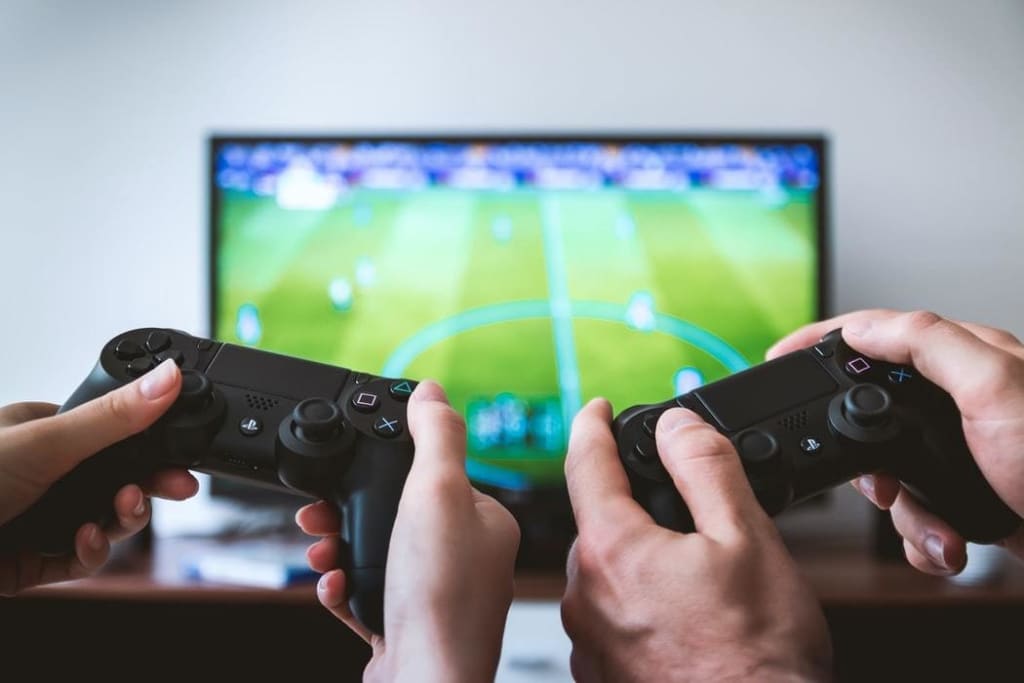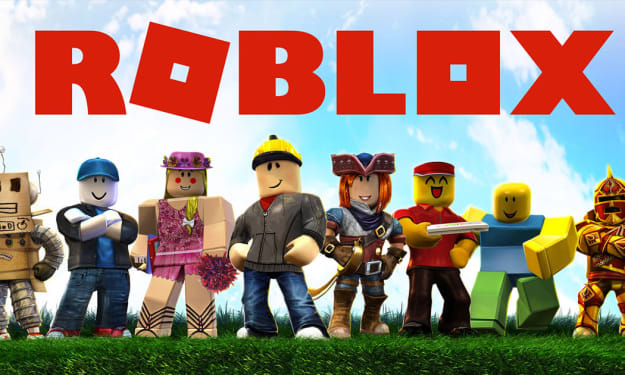The Psychology of Video Game Nostalgia
Examining the intersection of psychology and video games

Remember Odysseus, the hero from the 2,800 year old Greek play The Odyssey? He may be more relevant than you think to all those reboots of old franchises like DuckTales: Remastered, Killer Instinct, or the otherwise inexplicable Typing of the Dead reboot. As the researchers Tim Wildschut and his colleagues note in a recent article about the triggers and function of the emotion,1 Odysseus’s ordeal is a good illustration of nostalgia as it was originally conceived. The word itself derives from the Greek words “nostos” (returning) and “algos” (suffering). For 10 years our Greek hero suffered a massive bout of nostalgia as he longed to return to the way things were. He wanted so badly to return to his wife Penelope and all his favorite games from the 16-bit generation that he turned down all kinds of offers from sexy sorceresses and a not very sexy cyclops to do so.
Much later in the 1600s, Swiss physicians and fans of neologism coined the term “nostalgia” in reference to this kind of homesickness. They saw the condition as a literal mental illness caused by yearnings for past lives on the part of Swiss mercenaries soldiering for foreign kings. But while they did good to put their finger on nostalgia as a mental state, these proto-psychologists of the day weren’t very good at figuring out the causes For years they thought nostalgia was caused by things such as little demons living in one’s head, changes in atmospheric pressure, or the incessant clamor of cow bells. No, seriously.
Fortunately we’ve come a long way since then and many fewer physicians think tiny demons are involved. This is good, because appeals to nostalgia are currently everywhere and remain of interest to both psychologists and marketing professionals. Today, nostalgia is generally defined as a sentimental longing for the past, especially in reference to how things used to be better. Video games have at this point been around long enough that it’s not uncommon to encounter people thinking back wistfully about the days of blowing the dust off cartridge contacts, fiddling with HIMEM.SYS files, and covering their 28.8K modem with a pillow so their parents didn’t hear them calling a friend to play some DOOM deathmatch.
This isn’t lost on developers and publishers. For every new gaming franchise that comes along, it seems there are two others that are just re-launches of old properties that were popular when we were kids. And that’s not even considering the resurrection in other nostalgia-inducing goods, such as the PT Cruiser automobile, “Throwback” versions of Pepsi featuring the original formula and packaging, and Nikon’s new DSLR camera that looks like something you’d find at a garage sale.
This begs the question, though: why do we get so nostalgic about video games and other media from our childhood? The good old days are certainly old at this point, but are they really still good or are we looking at them through a rose-colored Occulus Rift display? Researchers in psychology and consumer behavior have studied these questions, and what they’ve found out suggests that video games may have the potential to elicit more nostalgia than any other medium.
But first, let’s consider the nature of the emotion in question. Nostalgia is often experienced as bittersweet remembrance tinged with regret about things lost to the passage of time, so the place many researchers have chosen to start is the simple question: is nostalgia a good thing?” Immersing ourselves in nostalgic experiences can have many benefits for us,” says Dr. Filliplo Cordaro of the University of Cologne, who studies nostalgia and consumer decision-making. “Things like fun times with friends, and family vacations we remember fondly are common examples. The positive and social nature of these experiences means they can fulfill a few important roles.”
Coping with stress and melancholy may be one of these roles. For example, when Tim Wildschut and Constantine Sedikides from the University of Southampton had study participants think about meaningful memories and write what kinds of experiences or states made them feel nostalgic, they found that sadness was far and away the most frequently reported trigger. In fact, simply putting someone in a bad mood makes him or her more sensitive to nostalgia-inducing stimuli and make it easier to dredge up cherished memories about how things used to be. Nostalgia seems to act as an antidote to sadness and feelings of loss. It elevates our mood and other research has found that people who tend to get nostalgic easily tend to have higher self esteem, find it easy to trust others, and suffer from depression less.
So why does hearing the theme music of Super Mario Bros. or catching a whiff of something that smells like an old arcade bring us out of a funk and lift our spirits when we have no way to recapture the original experience? It’s not just about the place or the thing. “On a basic level, recalling these positive memories simply puts us in a more positive mood,” continues Cordaro. “On a more complex level, recalling these experiences makes us feel a stronger sense of social connectedness with others. We’ve done some research looking at what people usually describe as a ‘typical nostalgic experience’ and find that people typically think about positive experiences in which the self is the protagonist, but they are surrounded and interacting with close others.”
Nostalgia and social connections go hand-in-hand. Thinking about the loss of social connection (as nostalgia often makes us do) primes us to think about repairing those connections, establishing replacements, or maintaining current ones. Wildschut and his colleagues also found that when asked to describe nostalgic memories, most people recalled social contexts and good relationships with others. Other research on the power of music found that song lyrics emphasizing social relationships –friends, lovers, family– were most likely to induce nostalgia. We tend to star in our nostalgic memories, it seems, but we usually have a supporting cast. You may reminisce about playing the original Starcraft but chances are you’re most nostalgic thinking about throwing down with friends in multiplayer or at least bonding with them over the shared experience of how you each managed the single player campaign. For us gamers, our most nostalgic memories probably revolve around sharing the hobby with others, making new friends through gaming, and enjoying a good couch co-op experience.





Comments (1)
https://www.psychologyofgames.com/2013/11/the-psychology-of-video-game-nostalgia/#foot_text_2012_1